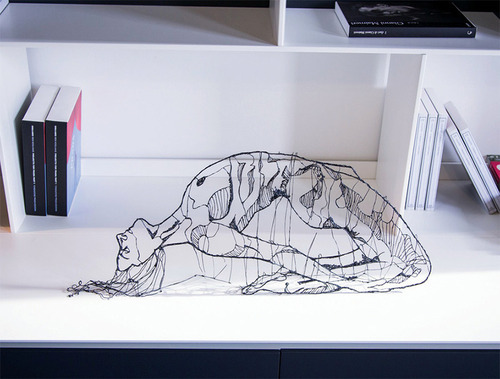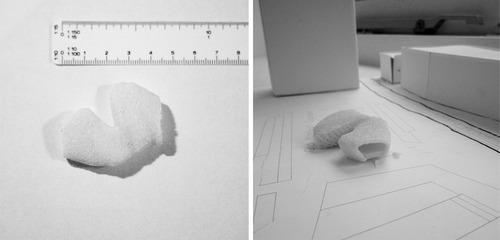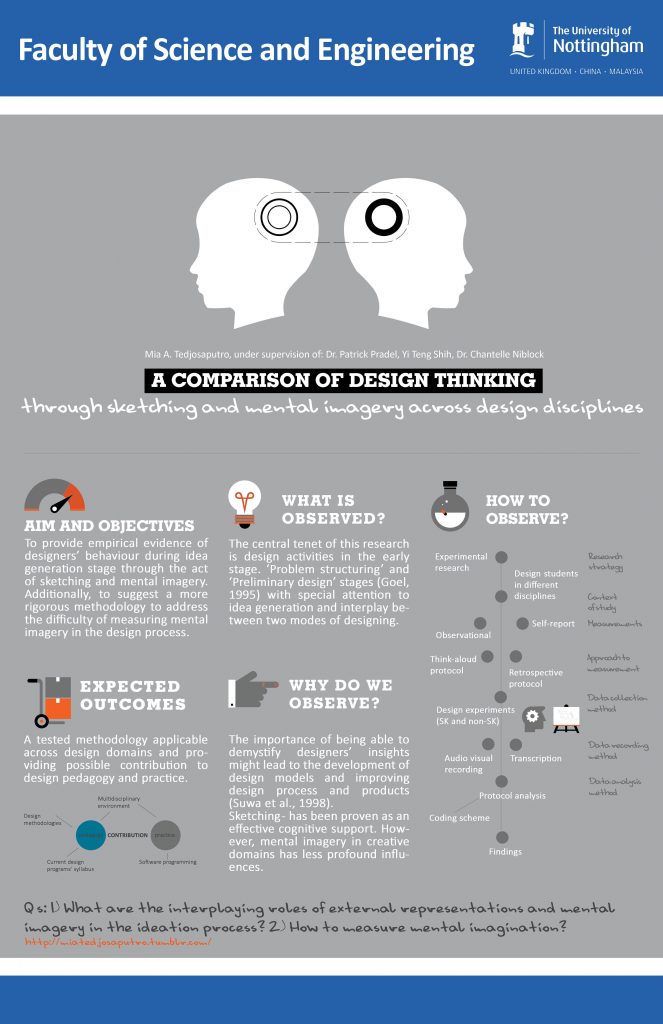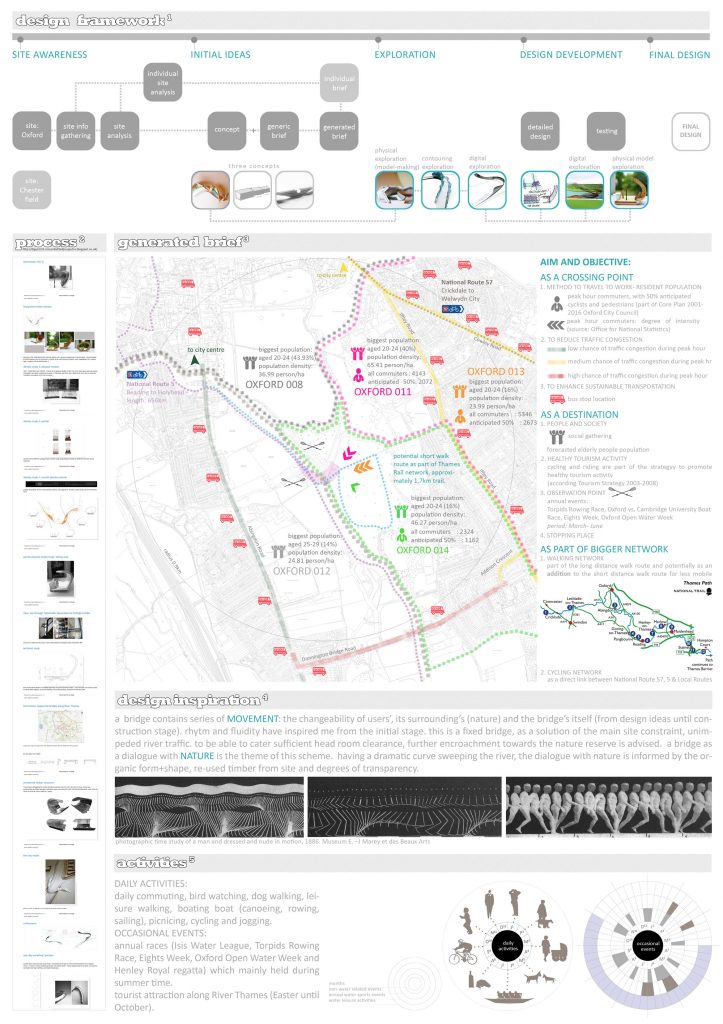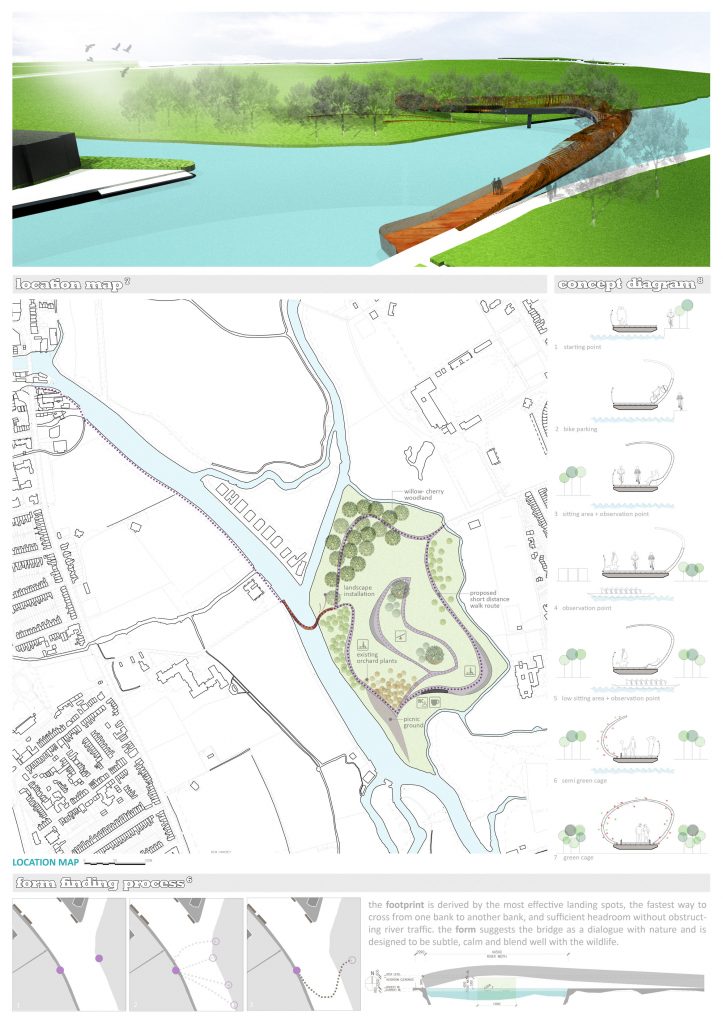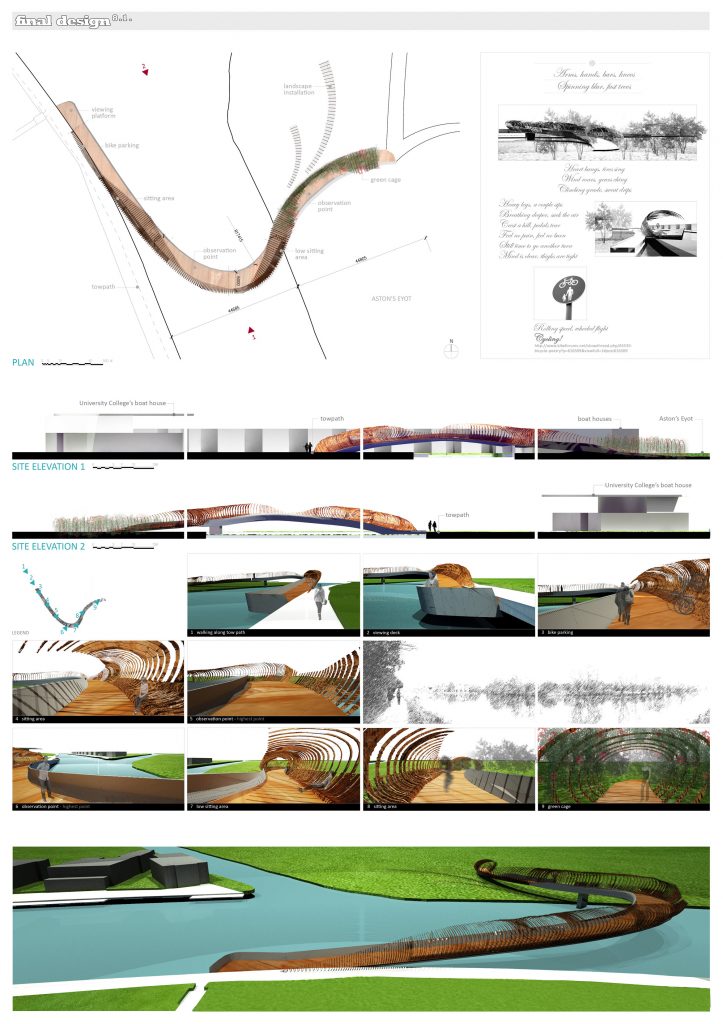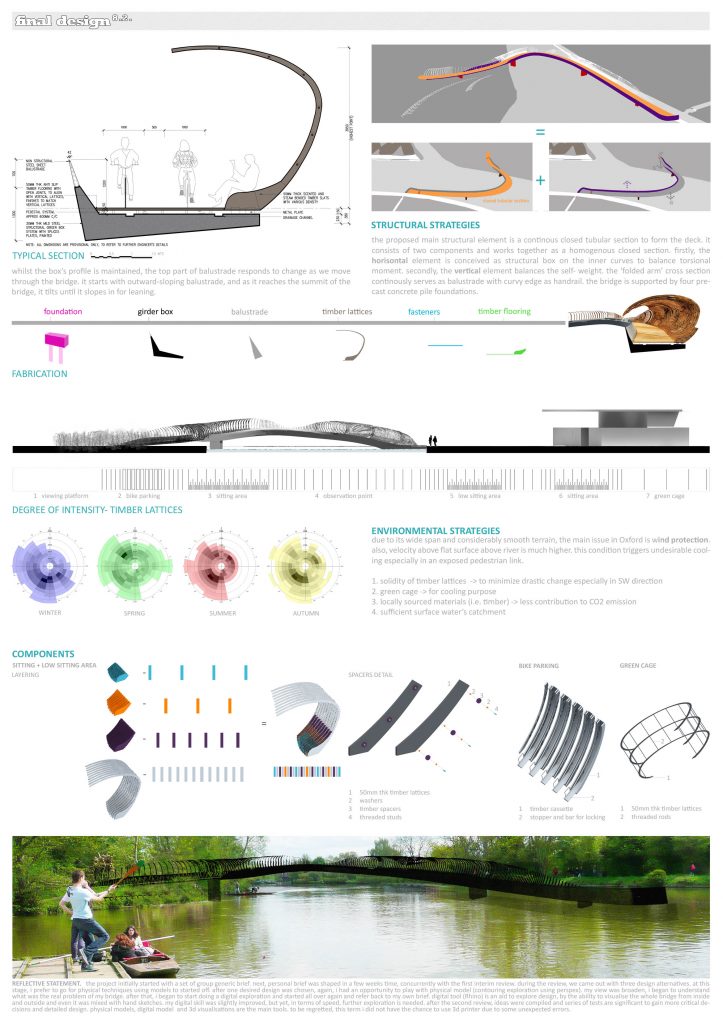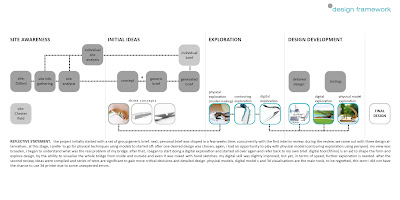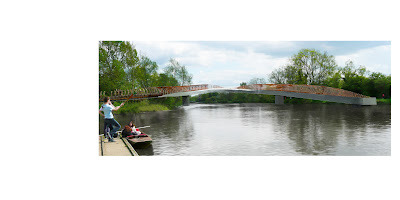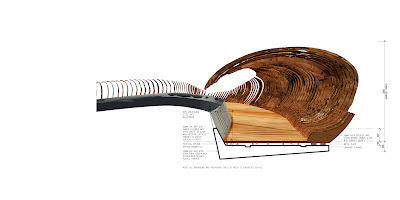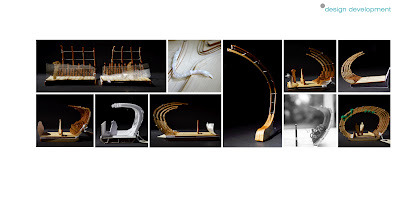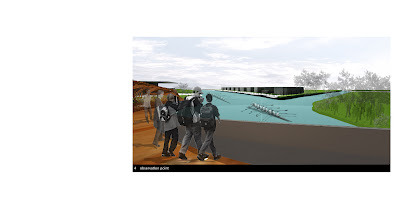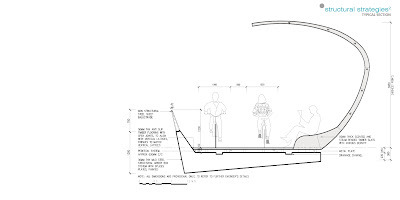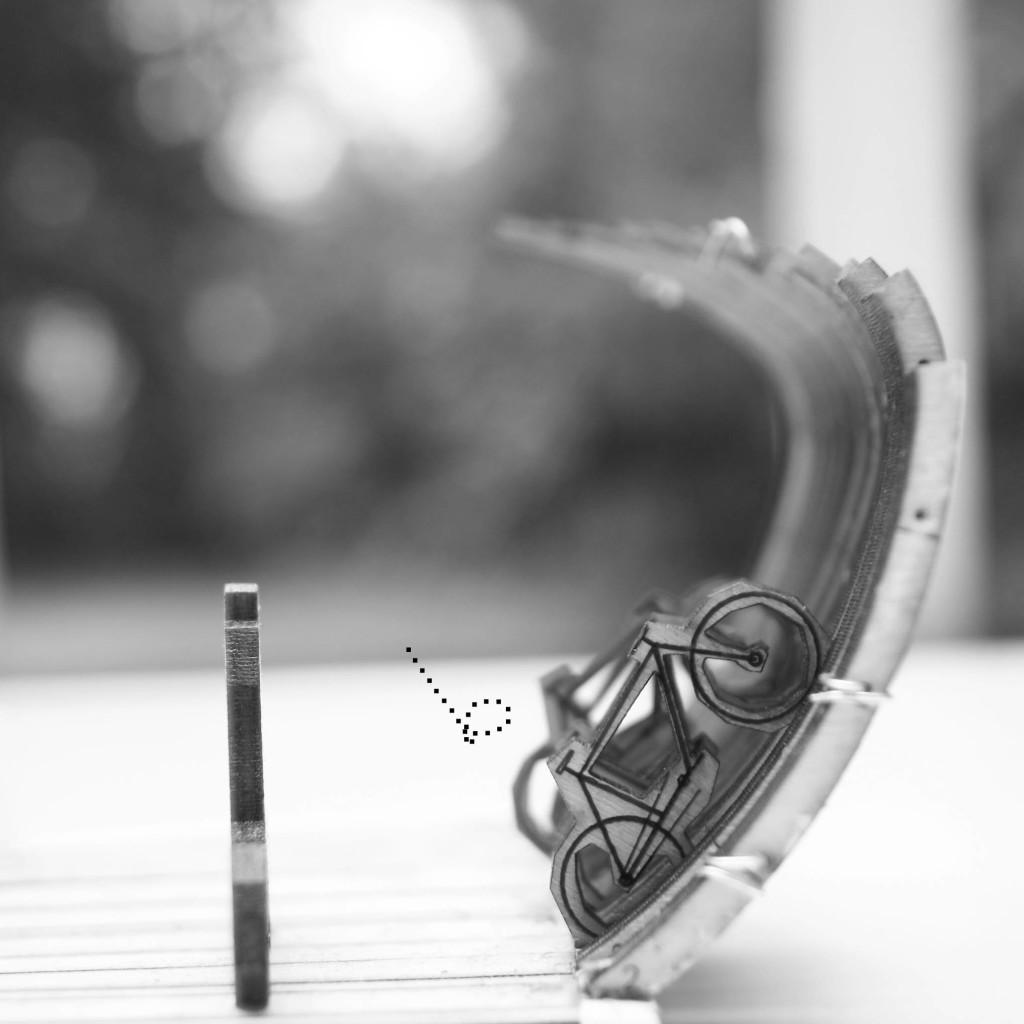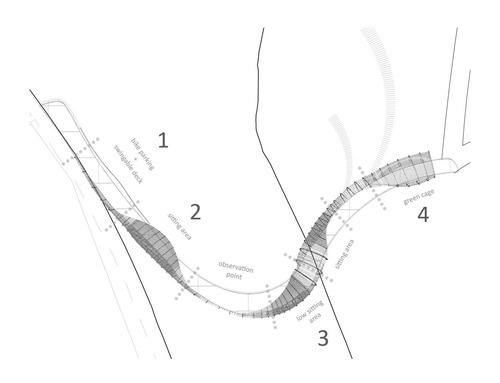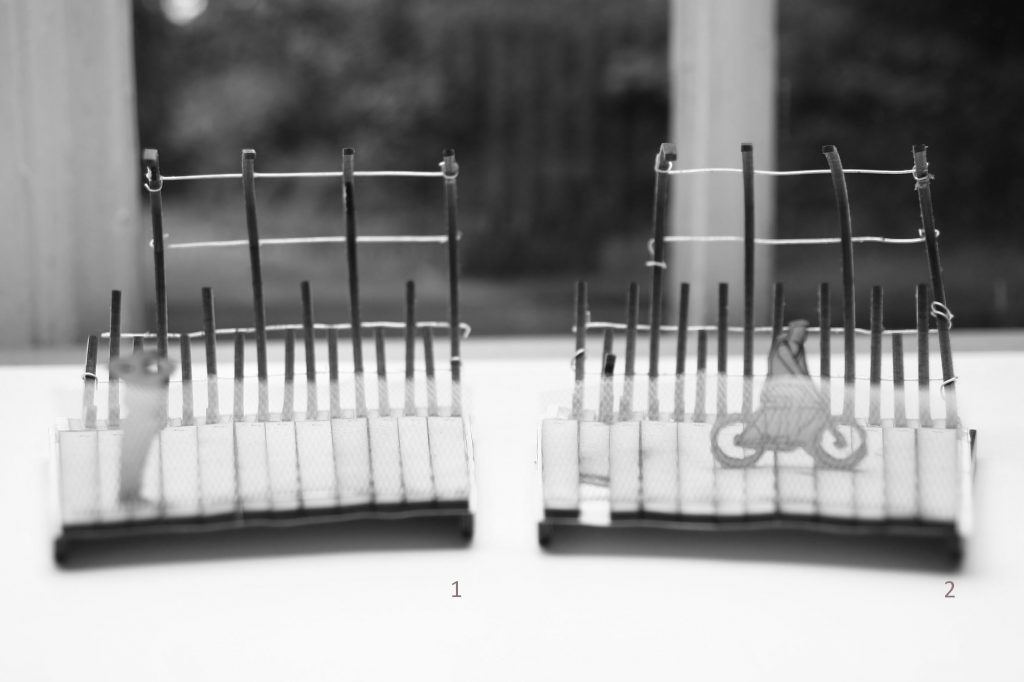June 2012-Â Master of Architecture (in Design) dissertation
“An Investigation into the Effectiveness of Collaborative Workshops as a simulation of Cross-Disciplinary partnerships between Architecture and Product Design Students in the Façade Workshop 2011”
ABSTRACT
The Facade Workshop 2011 was a collaborative workshop between nine architecture students and nine product design students, and it was an opportunity to explore cross-disciplinary partnership. The focus of the workshop was to develop detailed facade components, as middle ground and mutual project between two disciplines. This study aimed to examine its effectiveness in terms of shared knowledge and enhanced creativity.
The study was a piece of primary research, which entailed the collection of raw data of the Facade Workshop 2011’s participants. The research was carried using mixed methods, qualitative and quantitative approach, which largely consisted of questionnaires. To fill in the gap between education and practice, an interview with product designers who are working in a multidisciplinary office was undertaken. In addition, the design of the research instruments was informed by an extensive study of the literature review, expected learning outcomes, personal observations, students’ experiences and mutual discussion with convenors. Based on the study of design thinking and its need to be implemented in education system (pedagogy), it was observed that there were four pertinent requirements of collaborative design: understanding and communication, partnership, skills and curriculum agenda. The four requirements were carried throughout the whole research.
It was concluded that the Facade Workshop 2011 had a positive contribution, but certain improvements should be considered. The positive contributions are: creativity enhancement, skills improvement, and the opportunity to work in practice-look-alike environment. Also, the understanding between both partners (uninformed expectation, non-valuable feedback and less contribution), duration and discipline barrier needed to be minimised. Therefore, the study was concluded with a recommendation for future similar collaborations. The recommended workshop adapted the concept of an effective norm of working in group by Zunde and Boughdad (2006) and Lawson (1997): forming- storming- norming- performing.
Keywords:
Collaborative design, design education, creativity, cross-disciplinary knowledge sharing, architecture and product design.
